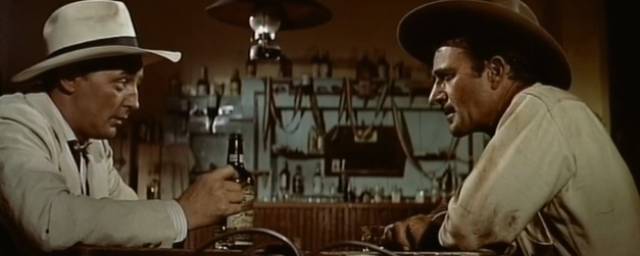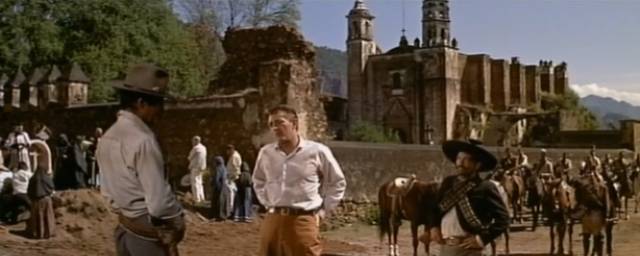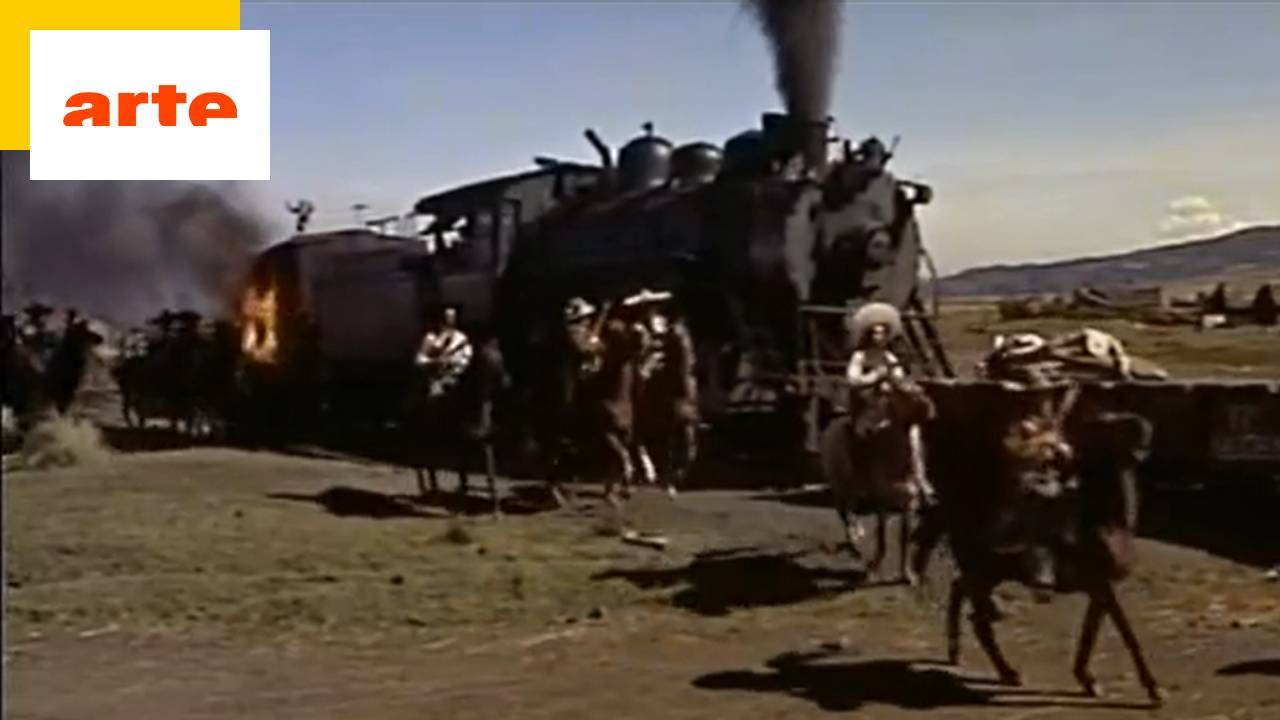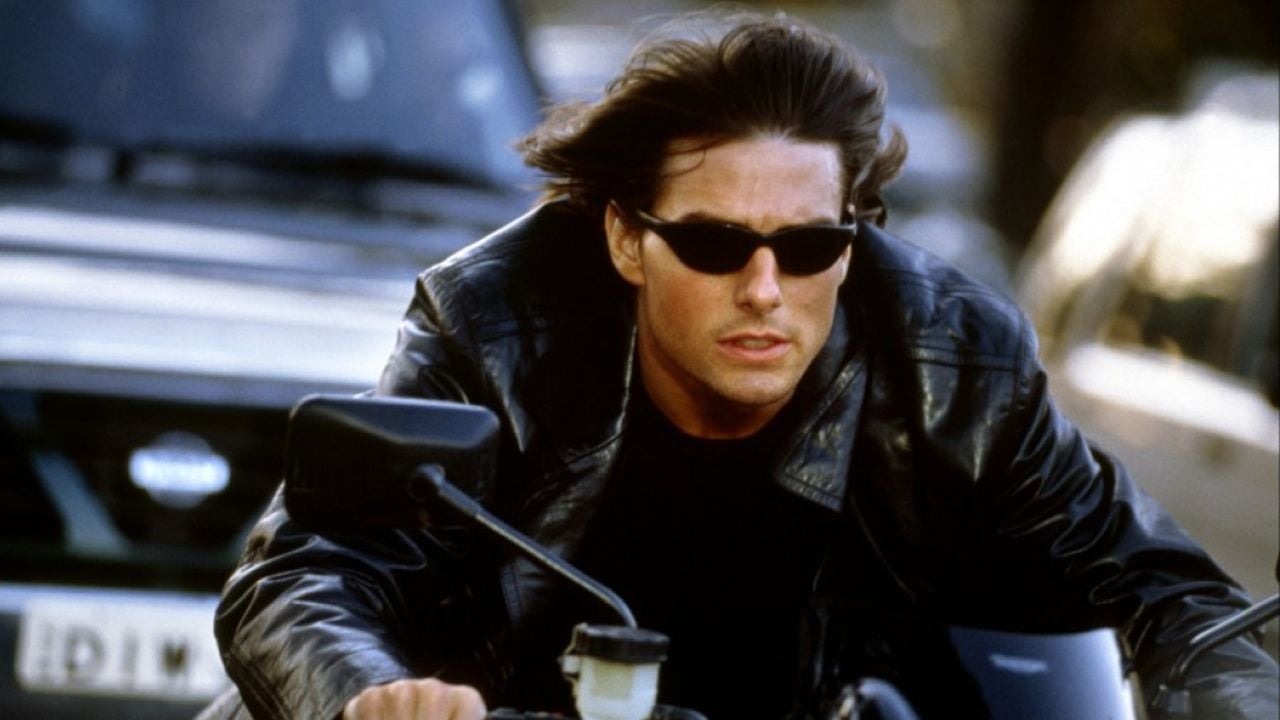Bandido Caballero is Robert Mitchum’s first feature and his second collaboration with director Richard Fleischer, who completely “shot” (returned after principal photography) Finished Laughing.
In its early stages of development, Bandido Caballero is still called horse opera. Fleischer is excited by the news that a lucky Mexican soldier frees a film crew from Pancho Villa and runs away with them to Hollywood when he falls in love with the group’s young premiere and accidentally becomes a movie star.
When he signs on to do the project, he’s excited in advance, as he confides in his memoirs, Just tell me when to cry :
All the conditions were met: Jax was a good guy, Mitchum was funny, the plot was a light and satirical adventure, and the whole thing had to be shot in romantic and picturesque Mexico.
This good story is to be turned into a screenplay by Earl Felton, and he has time to write after Fleischer leaves the shooting of The Girl on the Swing. However, on his return, Felton only wrote “just under half” Horse Opera and finally decided to go for a very classic adventure/western movie, skipping Pancho Villa and anything to do with Hollywood.

Robert Mitchum vs. Gilbert Roland
After that, the project got off to a bad start, it didn’t look like what he had originally received, and Fleischer tried to get out of it. He alerts Jack, his producer, who informs the studio United Artists. The filmmaker recalls that after that everything got complicated:
“When a star comes on board and the director leaves because he hates the script, everyone gets hysterical. They’re afraid the star will freak out and leave the project.”
(…) But I had a contract and they got stuck. ‘Leave us and it’s a trial, my boy.’ I could go and maybe win the case. But what if I lose? At this point in my career, I really didn’t need the ordeal. So I stayed and asked him to rewrite the script.
Except Mitchum has other commitments and filming is due to start in six weeks. This is panic. “There wasn’t enough time to get an original idea and write a script from scratch”Fleischer recalls. “We had to start from the existing scenario, trying to understand it.”

Eventually, Horse Opera becomes Bandido Caballero and tells how Wilson, an arms dealer, offers to do business with the regular Mexican army fighting against the rebels. In order to find weapons for them, Wilson plans to steal some of Kennedy’s guns.
Fleischer made up for his bad luck with a good heart by enjoying filming in Mexico and turning out a very enjoyable film that would be a huge success when it was released in 1956.
Source: Allocine
Rose James is a Gossipify movie and series reviewer known for her in-depth analysis and unique perspective on the latest releases. With a background in film studies, she provides engaging and informative reviews, and keeps readers up to date with industry trends and emerging talents.






